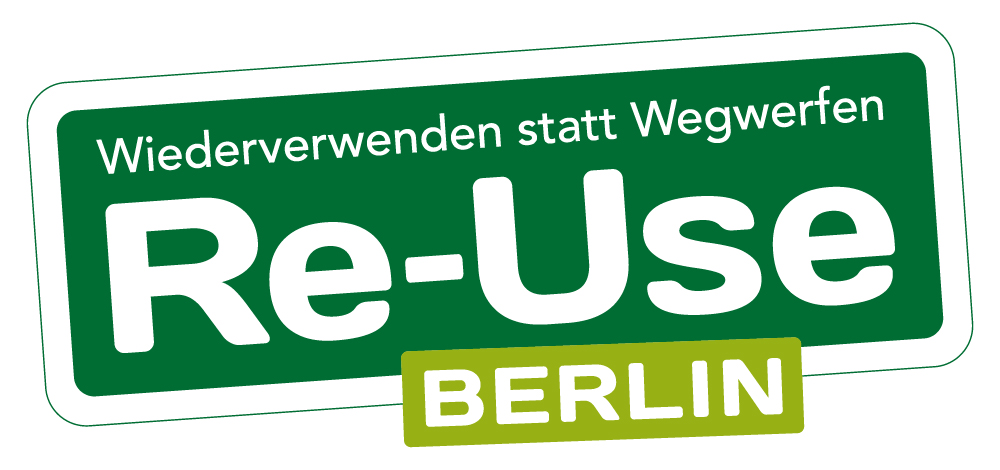© Verbraucherzentrale NRW
Access not Ownership: Opportunities and Challenges of the Sharing Economy
- Event
- Date
-
- Location
- Berlin, Germany
- Speaker
On 25 February 2025, from 2:00 PM to 5:00 PM, the expert dialogue "Access not Ownership: Opportunities and Challenges of the Sharing Economy" took place. The event was organized by the Ecologic Institute on behalf of the Berlin Senate Department for Mobility, Transport, Climate Protection, and the Environment (SenMVKU) and was held in Berlin.
The Sharing Economy offers approaches to conserving resources through shared use instead of individual ownership. The expert dialogue shed light on current developments, challenges, and potential of this approach – from practical examples to political and societal aspects. The event provided an opportunity to engage with other stakeholders in the fields of circular economy and sharing economy, network, exchange ideas, and learn from one another.
What happened?
Stakeholders from practice, academia, politics, and civil society provided fascinating insights into their work and experiences in the context of the Sharing Economy. Additionally, there were opportunities for exchange and discussion to jointly explore the future of shared consumption.
The event was aimed at all stakeholders in the field of the Sharing Economy, whether research institutions, NGOs, private and nonprofit initiatives, or interested individuals. One of the event's goals was to spark dialogue in order to exchange ideas and facilitate mutual learning. The event was held in German.
The presentation slides can be found here:
- Andrea Lindow-Bahl, Antje Wenzel & Maria Naczynski, Verbund der Öffentlichen Bibliotheken Berlins
Die Bibliothek(en) der Dinge im Verbund der öffentlichen Bibliotheken Berlins – Bestandsaufnahme, Beispiele, Ausblick - Nikolai Wolfert, GeLa e.V. / Cosum.de / Leila Berlin
Wie können Sharing-Plattformen zum Klimaschutz in Berlin beitragen? - Luisa Böck, fLotte Berlin e.V.
fLotte Lastenräder & Pedaltaxis: Best Practice für ökosoziale Bewegungsfreiheit – in freier Verantwortung, ohne Geld und Eigentum, dank vieler Freiwilliger - Valeska Götz, Verbraucherzentrale Nordrhein-Westfalen e.V.
Herausforderungen, Erfahrungen und Erkenntnisse im Übergang zu einer Sharing Economy aus Sicht zivilgesellschaftlicher Initiativen
About the Sharing Economy
In light of the enormous ecological challenges we face, the circular economy, including reuse, forms an essential component for a more sustainable approach to natural resources. Reuse can significantly reduce waste, conserve resources, and mitigate the ecological and social impacts of production and consumption.
Approaches within the so-called Sharing Economy offer a way to enable the multiple use of things. Here, objects are shared and borrowed without being individually owned. The potential of these approaches lies in their ability to minimize resource consumption and extend the lifespan of products by promoting their communal use. Examples can be found in areas such as mobility (e.g., car-sharing), household appliances, tools, or consumer electronics. However, the models differ in their nature: commercial approaches focus on profitability and scalability, while community-oriented initiatives often pursue local, non-commercial goals aimed at fostering community, meeting needs, and conserving resources.
Despite their potential, there are risks and challenges associated with implementing sharing models. These include uncertainties regarding liability and insurance, reliance on a stable user base, the concentration of market power by digital platforms, logistical challenges, and issues of acceptance in ownership-oriented societies. Many initiatives fail due to a lack of profitability, insufficient infrastructure, or mistrust in the quality and availability of the products. Nevertheless, initiatives of the sharing economy often create collective spaces where alternative forms of interaction can be tested, enabling different ways of living and economic activity.




